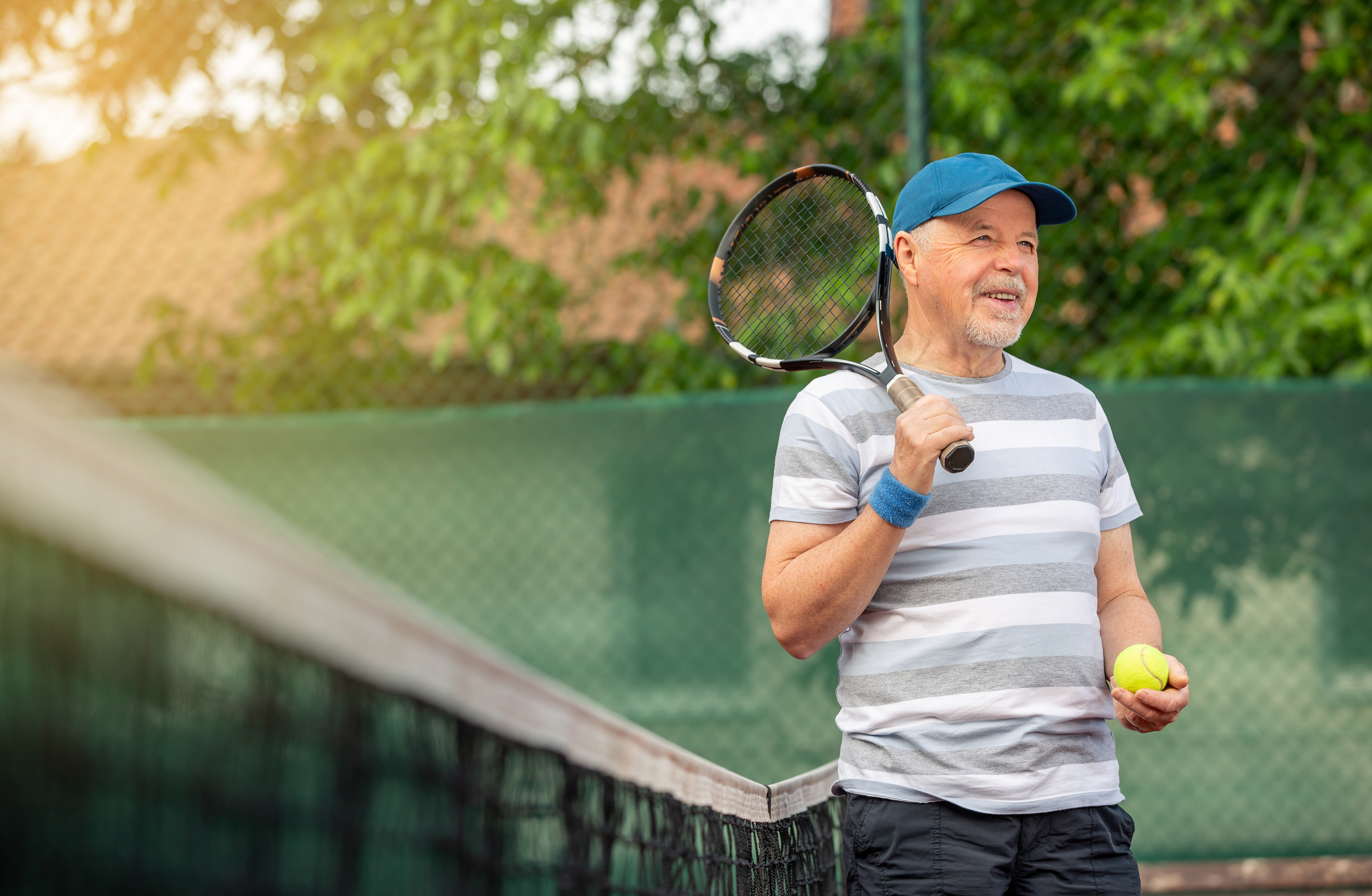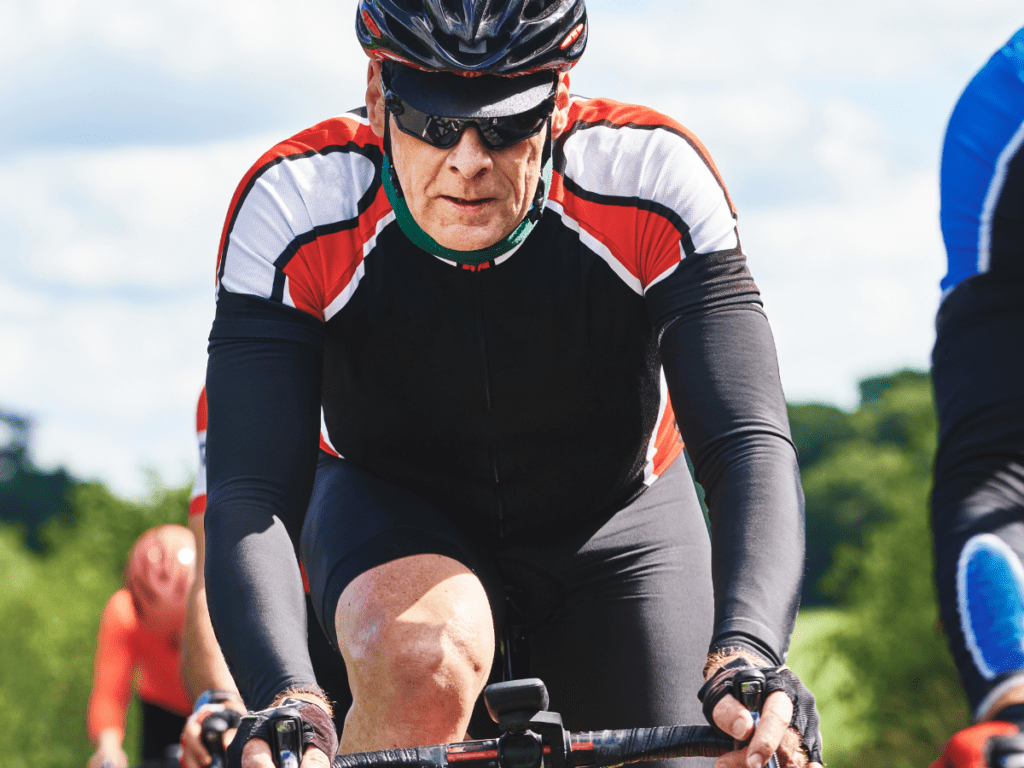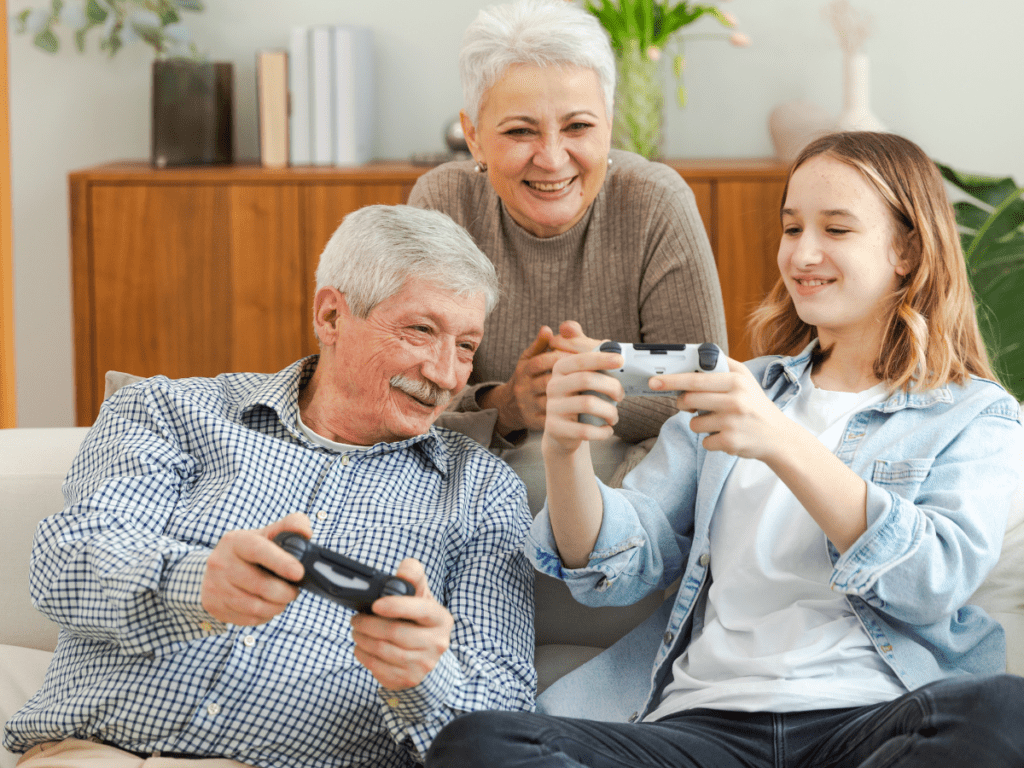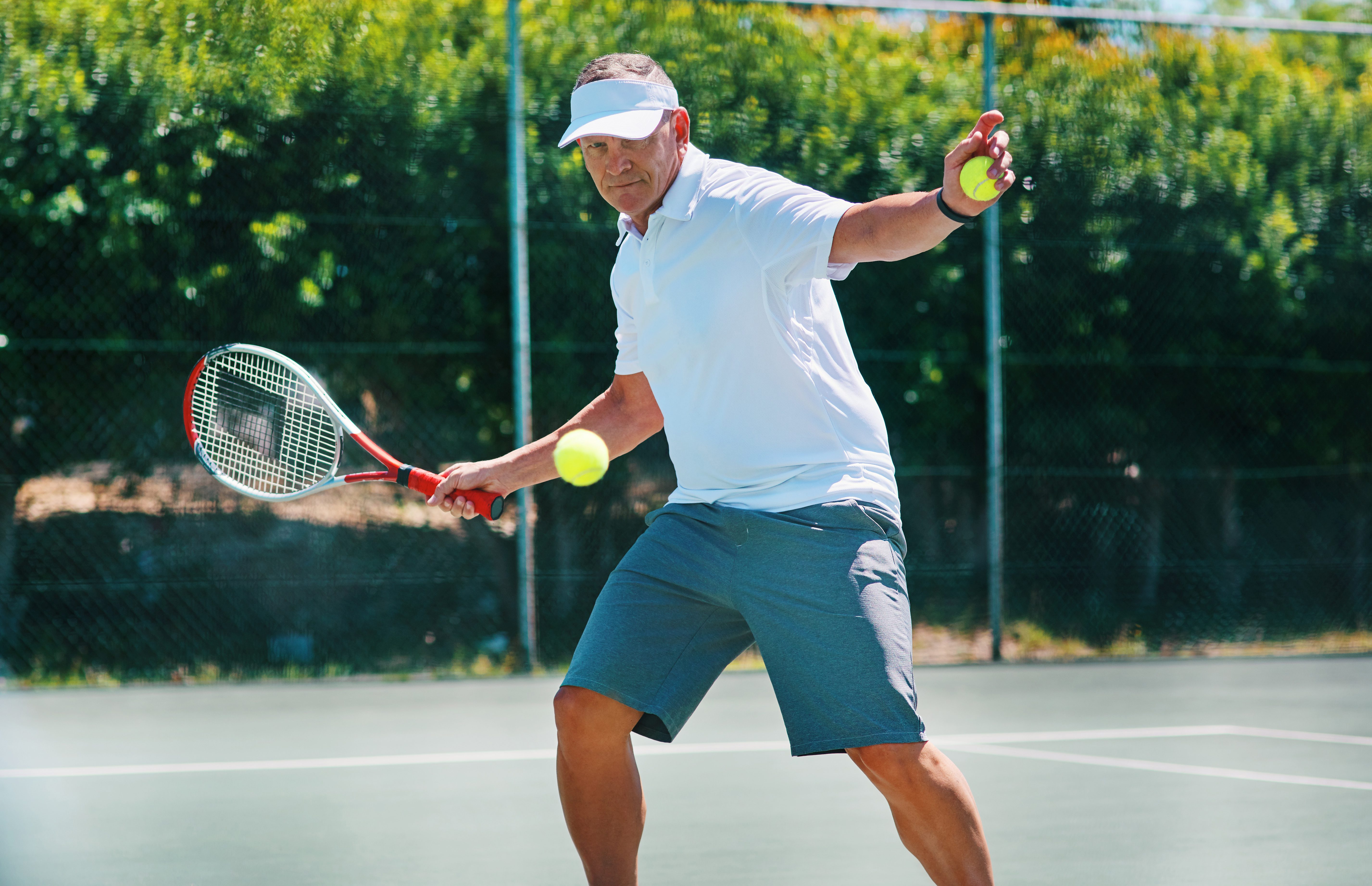2021 year in review: How SIRC embraced the “new normal”

After 2020 surprised us all with a global pandemic, many of us looked to 2021 with hope for a gradual return to our pre-pandemic “normal.” And with the widespread rollout and uptake of COVID-19 vaccines across the country, the activities that we put on hold as the pandemic unfolded, from social gatherings to travel, began…
Coaching Masters athletes
Much of the previous research with Masters athletes has focused on the biophysical, physiological, and injury risk considerations associated with coaching older athletes. However, in the last decade, research has examined the psychosocial skills needed by coaches to establish quality interactions, social connections, trust and belief in collaboration, and a sense of partnership with this…
National Seniors Day
Today is National Seniors Day! Seniors are integral members of the sport and recreation community, with much skill to offer as athletes and coaches. Sport and physical activity programs provide older adults with opportunities to develop strength, build social networks and travel to new environments.
Benefits of Masters sport
Participation in Masters sport provides a number of physical, psychological and social benefits for athletes, including strength and conditioning, positive perspectives on aging, and strong friendships. Learn more in the SIRCuit.
Giving Due Deliberation to Masters Athletes: The Time has Come

Paradoxically, Masters sport is equally celebrated and ignored. Masters athletes are celebrated because they are motivated, goal-oriented, and determined to thrive at ages when sport participation has traditionally waned – they defeat stereotypes and allow us to rethink possibilities. Yet Masters athletes (MAs) can also be an “after-thought” in sport organizations, receiving scarce attention. Our…
Winter 2021 SIRCuit
The Winter 2021 SIRCuit is now available! For many, the new year presents an opportunity to set new goals, refine behaviours, or let go of something that is holding them back. This edition of the SIRCuit provides takes a deep dive into self-compassion, athlete identification, relative energy deficiency in sport (RED-S), engaging masters athletes, and social learning…
Promoting sports participation: Exploring physical activity patterns and role models of aging amongst older persons

Project Summary Sport involvement in Canada drops precipitously as we age. Recent Canadian data indicate that participation rates are highest in young Canadians, with 54% between the ages of 15 and 19 taking part in sporting activity. By age 55, however, only 17% of individuals are engaging in sport (Statistics Canada, 2013). Participation rates in…
Aging in the information age: An ethnographic study of video gaming in Canadian retirement centres

Project Summary This research explored the use of sport-based video games (or ‘exergames’) in activity programs for older persons. In recent years, games like ‘Wii Bowling’ for the Nintendo Wii gaming system have become popular in seniors’ centres in Canada, among other countries. The objectives for this research were as follows: The main conclusions arising…
Participation in Masters Sport
For many sport organizations, older adults represent an untapped cohort of potential members. Research on Masters athletes points to the importance of both a social environment and competitive opportunities in facilitating participation.
The relationship between sport, physical activity, and social engagement: A profile of Canadian seniors

Project Summary Models of successful aging (SA) encourage a continued engagement with life, which research literature refers to as a diverse set of activities including productive (e.g., housework), social (e.g., visiting friends), passive (e.g., reading), and active leisure (e.g., playing a sport) pursuits. It is widely accepted that engaging in life promotes a more meaningful…